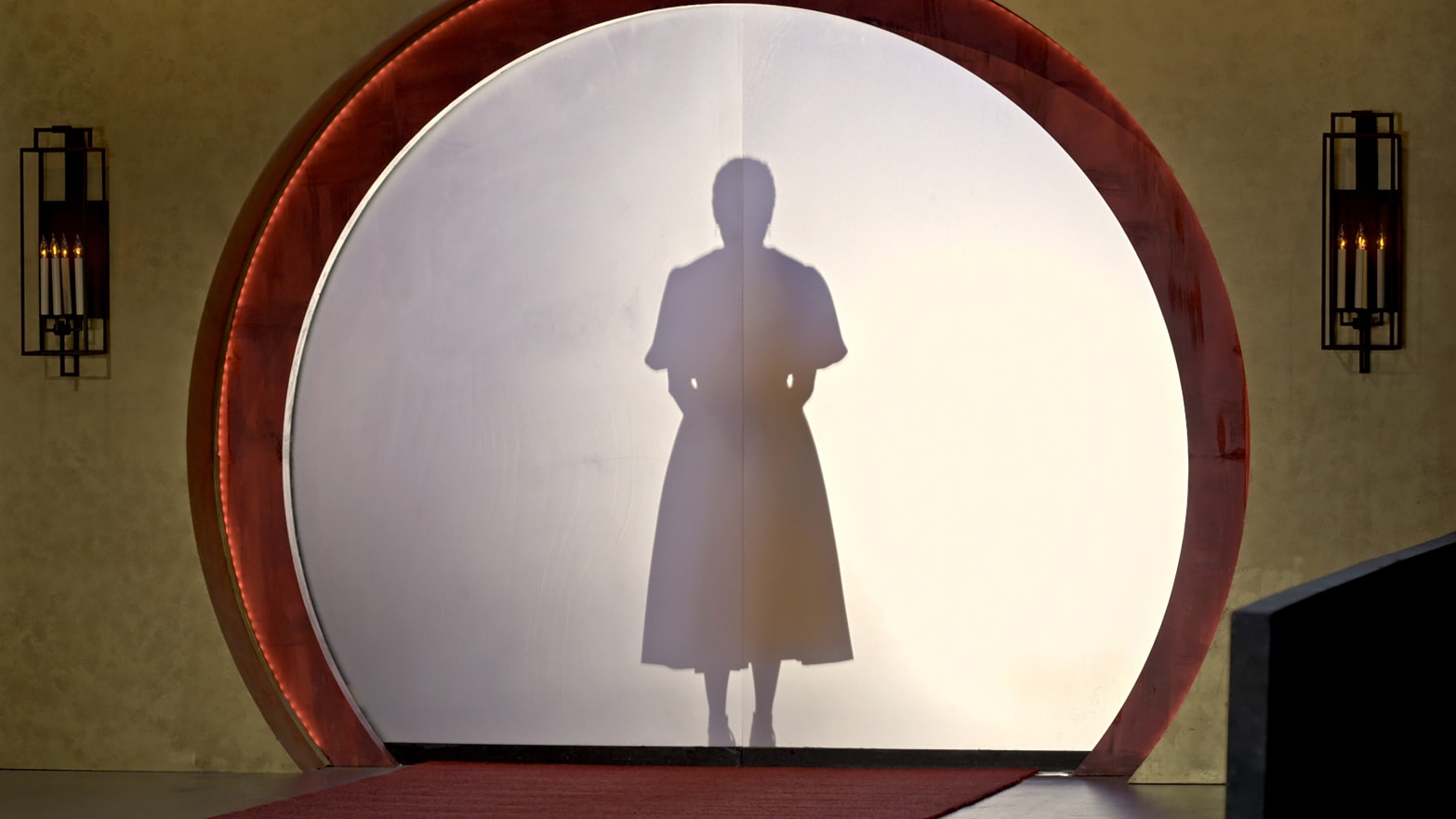‘Love is Blind’ Contestant Sues Netflix: The Lawsuit, Explained

It’s not uncommon for reality dating TV shows to fall under scrutiny, but most do so for insignificant reasons such as being unrealistic, vapid, or melodramatic. Netflix’s hit Love is Blind has been accused of being all these things, but those pale in comparison to the recent lawsuit against it for fostering inhumane working conditions. The show first premiered on Netflix on 2020 and quickly became one of the platform’s most-watched shows.
The show follows 15 men and 15 women who spend 10 days “dating” each other in specially-built pods. The pods allow them to talk to one another, but not see each other. Over the course of those 10 days, if a contestant feels ready, they can offer a marriage proposal to another contestant. Then, only if the proposal is accepted, can the couple meet face-to-face for the first time. The newly engaged couples then head to a retreat to get to know each other. Afterwards, the couples live together for 4 weeks and at the end of the 4 weeks, they take part in a wedding ceremony where the couples will have one final chance to say “I do” or not.
Love is Blind has had 2 seasons and was renewed for a third. So far, four couples actually have been married through the show and are still together. While the premise is bizarre, and maybe even horrifying to some, it is entertaining enough to keep viewers intrigued. However, the future of the show is now uncertain after a Love is Blind contestant, Jeremy Hartwell, sued Netflix and Love is Blind‘s producers.
Who is Jeremy Hartwell?
Hartwell is a native of Chicago, Illinois, who works as a Director at a financial services company. He was one of the 30 contestants who was featured in Love is Blind season 2. Despite being a contestant on the show, he might not be immediately familiar to viewers. That’s because Hartwell didn’t progress past the second round. He engaged in the 10-day speed-dating stage in the pods, but did not make or accept a marriage proposal. As a result, he was hardly featured in the show footage that was aired at all. The briefness of his actual appearance certainly makes the behind-the-scenes atmosphere he described in his lawsuit even more troubling.
Hartwell’s lawsuit against Netflix and Love is Blind
Hartwell has sued Netflix and the production company behind Love is Blind, Kinetic Content, on charges of multiple labor-law violations. The lawsuit alleges that Hartwell and other contestants were forced to work in inhumane conditions and were paid less than minimum wage. According to Hartwell, the contestants of Love is Blind were employed as independent contractors, when they should’ve been classified as employees. This is because their schedules and manner and means of work was wholly dictated by the production company.
Additionally, the contestants were paid a flat rate of $1,000 per week. Meanwhile, contestants were allegedly forced to work up to 20 hours a day, seven days a week. If the contestants really were working upwards of 140 hours a week for $1,000, this comes out to an hourly rate of about $7.14 per hour. The minimum wage in Los Angeles, California, where Kinetic Content is headquartered, is $15 an hour. Despite receiving well under minimum wage, contestants were required to pay a whopping $50,000 in “liquidated damages” if they left the show or breached their contract.
Hartwell’s lawsuit also details what he alleges were the horrific conditions the contestants worked in. According to Hartwell, contestants had both food and water withheld. They were only allowed to drink water during the day and were otherwise plied with alcoholic beverages. Working 20 hours a day, as Hartwell alleges, would also mean that the contestants were extremely sleep-deprived. The lawsuit says that contestants were also isolated and completely cut-off from the outside world during their time on the show. Identifications, wallets, phones, cash, and credit cards were all given up, making it impossible for the contestants to freely leave the production set or the hotel where they stayed in-between working hours.
Hartwell’s lawsuit, explained
Hartwell’s allegations are deeply disturbing, as is the apparent motive behind these working conditions. By cutting contestants off from the outside world and keeping them in a booze-induced, sleep-deprived haze, the set could make them starved for social connections and could manipulate their emotions and inhibit their decision-making process. For viewers questioning how someone could propose to someone they’ve never seen before, this lawsuit may hold the grim answer. This is hardly the first time we’ve heard of such conditions being propagated on a reality TV show—especially plying contestants with alcohol—but considering the stakes and setup of Love is Blind, this feels especially egregious.
Payton Employment Law is the L.A.-based firmed that is representing Hartwell. However, Hartwell may not be the only plaintiff in this case. Hartwell is seeking a class-action status for his lawsuit. This permits him to file and prosecute a lawsuit on behalf of a larger group. Hence, Hartwell is filing his lawsuit on behalf of every contestants in Love is Blind, as well as for every participant in other reality shows produced by Kinetic Content over the past 4-years. Payton Employment Law believes the plaintiff class could potentially number more than 100 individuals.
So far, neither Netflix nor Kinetic Content have publicly responded to Hartwell’s lawsuit. If Hartwell’s allegations proceed, though, the defendants could be held liable for unpaid wages and numerous violations of labor laws.
(via: NBC News, featured image: Netflix)
Have a tip we should know? tips@themarysue.com